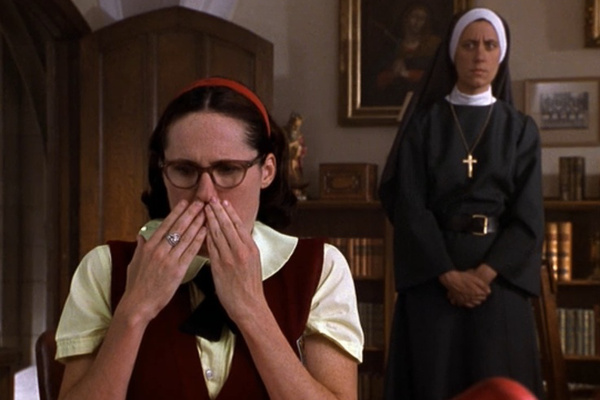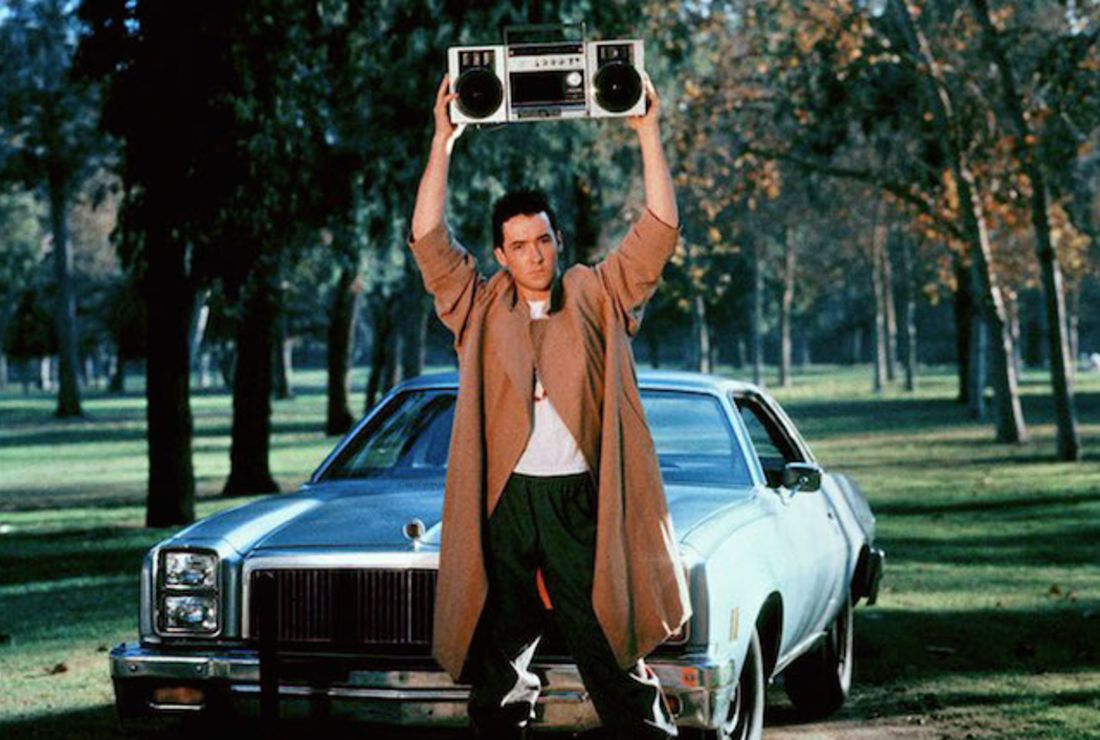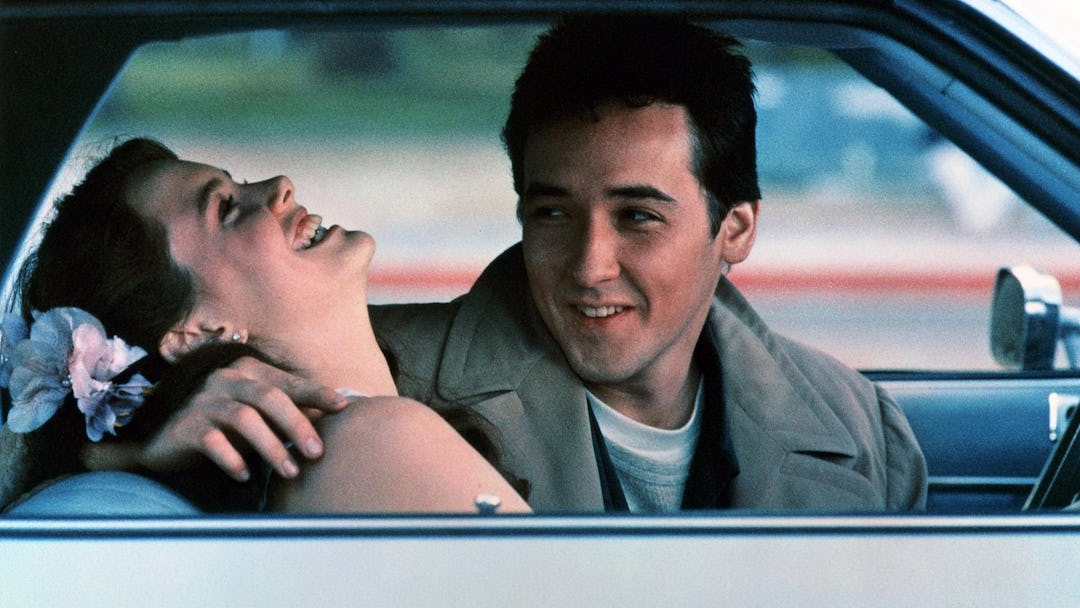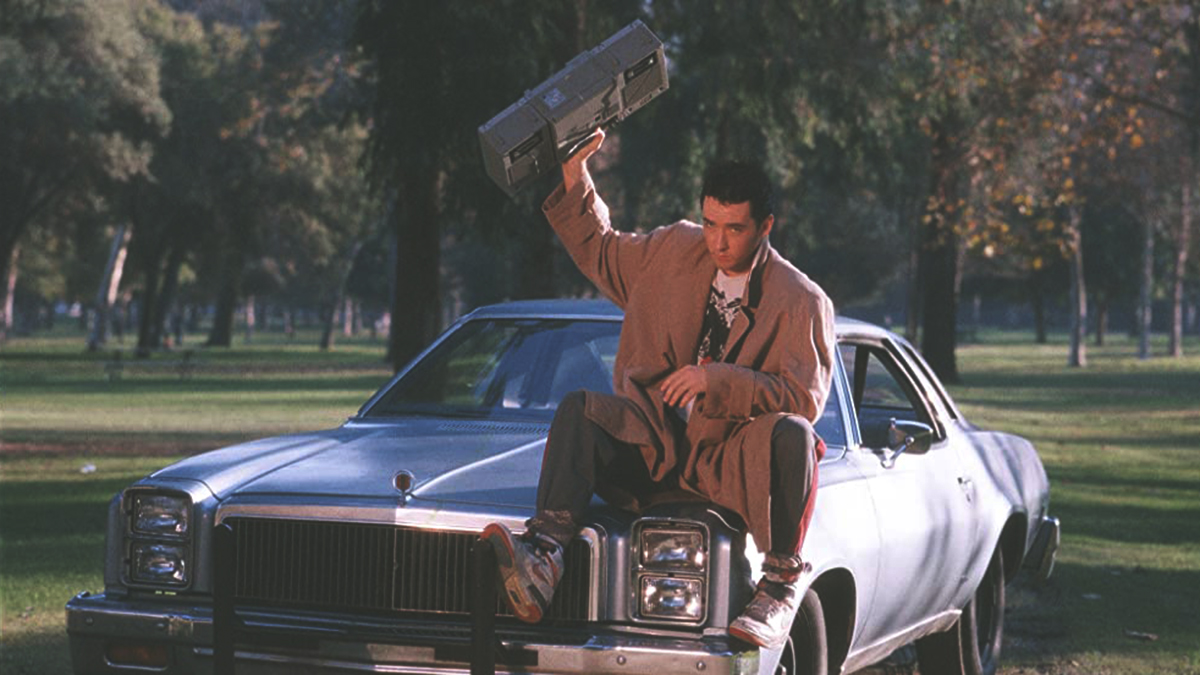
Fresh baked bread, lily of the valley, homemade spaghetti sauce bubbling away on a slow simmer. Warm, melty chocolate chip cookies (I’m drooling). Frankincense, patchouli, lavender, ylang ylang. Your grandma.
Smells are powerful. They can jettison us back to the past – to home, dad, a special trip taken. Scents can calm us down, rev us up, or alert us to danger (or to a poop in someone’s pants, Rayme).
Our olfactory sense contributes to our bonding with each other – attraction pheromone stuff, identifying our moms – it’s primal. In fact, smell is the sense most linked with memory and emotion (via the limbic system).
Aromatherapy is one of the most popular forms of complimentary medicine. It’s everywhere.
What exactly is this buzzy aromatherapy? Aromatherapy is the use of plant oils to help promote physical and psychological well-being or healing. Distillation of essential oils dates back at least 1,000 years. Essential oils have been around since ancient times for therapeutic, hygienic, spiritual, cosmetic and ritualistic use.
The Technicals

Essential oils (or any smell) work by sending a biological signal to receptor cells in the nose. The scent molecules travel from these olfactory nerves to the brain and especially impact the amygdala, the emotional center of the brain. The signal is transmitted to the limbic and hypothalamus parts of the brain via the olfactory bulb. The olfactory bulb (sounds somehow gross) signals the brain to release neuro-messengers like serotonin and endorphins to our beautiful bodies, which make us feel better.
How well does aromatherapy work?
There is not a lot of hard evidence that essential oils can cure any ills – it’s kind of tough to prove, though plenty of sources say that the positive effects of aromatherapy are being “clinically proven”. One study of patients in an intensive care unit showed aromatherapy to improve sleep and decrease anxiety, but not to significantly reduce blood pressure. Another study showed that aromatherapy had a positive effect on mood but not on stress level.
My conclusion is that aromatherapy is beneficial, but that for more “clinical”, or measurable, levels of wellness, we are gonna have to throw in some yoga and meditation. Probably walking too. But it smells nice and helps maybe on levels we don’t understand. Ancient, subtle ways. Studies are time-limited and don’t encompass the unseen.
META-CONCLUSION ON THE STUDIES
Perusing studies on aromatherapy led me to this: aromatherapy might have health benefits for the following stuff:
- Relief from anxiety and depression
- Improved “quality of life” (wha?), particularly for people with chronic health conditions
- Improved sleep
I mean, thems some big claims. Anxiety? Depression? All-around quality of life? Going Big.

Aromatherapy Can Be Toxic if Used Incorrectly. Don’t be Willy-Nilly.
Buutttt…Aromatherapy can quickly go south. Bum bum bum!
Once upon a time, I put a few drops of lemon essential oil, supposedly organic, in the tub for my older son, then about 2, feeling like Mom Number One. I put him in the bath and suddenly his little face scrunched up in horror and he started wailing. His wee butt got all red and I had to get him out and emergently wash him off in a different body of water. And this was just a few drops in an entire tub…
Essential oils are serious business.

Surprise Surprise:
I found conflicting information about the regulation of essential oils.
#1: Aromatherapy products are regulated differently depending on how they are billed. Something (anything?) that is marketed for “therapeutic use” is regulated by the FDA, while a product for “cosmetic use” is not.
#2: “There are no standards for determining the quality of essential oils in the United States; while the term “therapeutic grade” is in use, it does not have a regulatory meaning.”
So, essentially (I didn’t see that pun until now), you’re on your own.
According to Johns Hopkins: The quality of essential oils on the market varies greatly, from pure essential oils to those diluted with less expensive ingredients. And because there’s no regulation, the label may not even list everything that’s in the bottle you’re buying.
Caveat Emptor!
Essential oils should be used by following some sort of recipe and/or directions from a reliable source.
In addition to unclear regulation, essential oils are very concentrated, so there is a greater potential for toxicity. This is why organic essential oils should always be used. Also, the oils should be diluted in a carrier oil (or water for a spray), otherwise they can irritate the skin.
Below I have a dilution table for making your own products.
Avoid use on children, based on my experience with Willer and on general common sense.
Don’t Ingest Essential Oils
According to the article below, swallowing essential oils is ALWAYS a BAD IDEA. Taking essential oils internally can basically poison you. There is a potential for liver toxicity and seizures.
Verdict is, source your oil products carefully. If in doubt, just use to diffuse, and don’t be in close quarters with it. Probably ordering oils online randomly (which I did, and then used on my child), is a route to receiving impure oils that could be harmful (sorry Willer Tiller Too).
Aromatherapy DIY
Use an oil as a carrier
The safest way to engage in aromatherapy is to make your own concoction with a base, or carrier, oil and then adding the drops of essential oil.
Sesame oil as carrier oil can be useful for vata body types or for vata imbalances like stress and anxiety. Sesame oil has that lovely warming quality.
For pitta imbalances, use coconut oil as base oil – cool yourself down, hothead.
For kapha, sesame, sweet almond, corn or mustard oils are all good.
Apricot kernel, jojoba, or wheatgerm oils work for any body-type.
Dilution Chart
Dilution Guidelines (drops per ounce of oil):
0.5 % = 3 drops per ounce (sensitive skin, emotional and spiritual purposes)
1% = 6 drops per ounce (expectant mothers, skin care)
2% = 12 drops per ounce (massage, body lotion)
3% = 18 drops per ounce (massage, body lotion)
10% = 3 ml (sixty drops) (pain, infection, usually on small body area) – USE CAUTION!
Essential Oils By Dosha
Vata – when aggravated it makes you dry and cold. Stress, fear and anxiety come to call. To balance, we need warm and sweet aromas. Vata aggravation is treated by oils that are wet, heavy, calming and warming.
Oils for Vata: rosewood, sage, cinnamon, black pepper, oregano, patchouli, ginger, basil orange, rose geranium and clove.
Pitta – when aggravated will make you overheated and full of rage. Pitta is hot and wet (I see where your brain just went; stop it).
Pitta Oils: blue chamomile, lavender, clary sage, labdanum, fennel, ylang ylang, sandalwood, rose, mint and jasmine.
Kapha – is cold, moist, slow and heavy in nature, and can make a person sluggish and unmotivated. It is treated with warming, drying, lightening, and stimulating smells, with spicy overtones to pep you up.
Kapha Oils: lime, orange, juniper, ginger, cinnamon, cumin, cloves, thyme, black pepper, eucalyptus and marjoram.

Methods of Aromatherapy Delivery
Bath – Use 6-8 drops total per adult, always using a carrier (oil) to disperse into the water. The bath is useful for respiratory, stress and insomnia. Water and heat increases absorption.
Massage – localized to a specific area or for the whole body.
2-3% dilution in a vegetable, nut or seed oil as a carrier, or unscented natural lotion. 4% dilution (24 drops/oz.) can be used for local areas needing stronger concentration.
Facial steam – careful, can be really hot!
1-3 drops in a bowl of hot water. Use skin friendly essential oils (lavender, geranium, R. chamomile), keep eyes closed.
Compresses – hot or cold, depending on the season; for headaches, menstrual pain, muscle pain. Whole body wraps for general detoxification, relaxation and stress maintenance (yeah, I don’t have time for that either).
Inhalation – steam inhalation, diffuser, aroma lamp, room sprays, humidifier, potpourri pots, candles. However, Johns Hopkins isn’t sold on essential oils for inhalation:
Johns Hopkins also advises against using essential oil diffusers, small household appliances that create scented vapor. Diffusion in a public area or household with multiple members can affect people differently. For example, peppermint is often recommended for headaches. But if you use it around a child who’s less than 30 months old, the child can become agitated. It could have a negative effect. Additionally, someone with fast heartbeat can react adversely to peppermint.
Diffuser – I use mine at night when the kids are in bed, and only with lavender. Stop being so doom and gloom, John’s Hopkins.
Aromatherapy is very good, very fine, when used with caution and your wits about you.
Thank you for reading. Much appreciated!
Act Lovey! Lloyd is smitten!

Love this article! I’ve always been at a loss to know where and how to begin. I’ve always been partial to sandalwood, however, lavender now gets an A+ in my book. Hope to explore the aromatherapy world after reading your blog. Thank you for your insights and your humor!
Thank you Aunt Sylvia! I’m so blessed to have your support. Let me know what type of aromatherapy you test drive!
Jennie, you ace’d it! Very informative and enjoyable. I love your “side comments.” It is relaxing just to read your blog.! Keep up the good work! Cheers, Barb
Oh thank you Barb! I appreciate your support. The side note about love and being loving reminds me of your hugging thing – is it 2 minutes that you are supposed to hug?
Thank you thank you for doing all the hard work in looking up the facts (as they do or don’t exist ) about aromatherapy that I’ve been meaning to do for years! I love your informed conclusions—will it cure your sciatica? Unlikely, in isolation. But as part of a wholistic strategy of improved self care, relaxation, and therapeutic activities? Bring it on! Now I’m going back to read your first paragraph where your list all the scents commonly attached to emotion because it brings me joy to remember all those scents ☺️ Thank you!
Thank you Gigi! I always wait to hear what you have to say about my posts; love to hear what you think re: these topics. And I love how you can distill the essence (this is not meant to be a pun either, just the wording I want hahaha) of the post for me. Thanks.